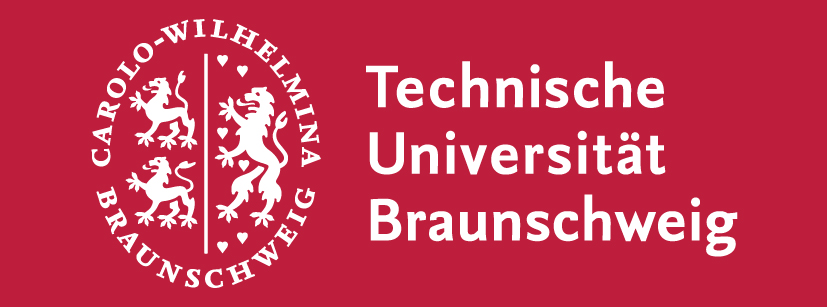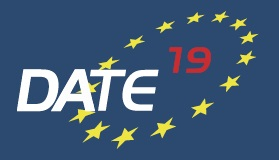DATE Workshop on
Autonomous Systems Design

29 March 2019
Florence, Italy 2019
This is the page of ASD 2019, for the most recent version, please visit http://asd.userweb.mwn.de/
Thanks for attending ASD 2019, the workshop was quite successful in its first edition and gathered more than 65 participants from academia and industry.
The workshop proceedings are open source and available here .
New! We welcome your contributions to the IEEE Design & Test Special Issue on Autonomous Systems Design: (deadline June 28)
Call for Papers available is available here

ASD is the 1st international workshop on Autonomous Systems Design. The goal of ASD is to explore recent industrial and academic methods and methodologies in autonomous systems design. This includes several areas:
- Embedded and cyber-physical systems platforms that implement and execute the autonomous system functions including their architectures, hardware, software and communication.
- The design for autonomous systems including processes, modelling, optimization, verification, validation, and test.
- All aspects of dependable systems design for autonomous systems including, but not limited to, functional safety concepts, fail-operational systems design, functional safety for applications with machine learning, safe and secure changes and updates, autonomous systems security.
Detailed workshop program is available here
Keynotes
This year, the workshop will have two distinguished industrial keynotes highlighting important challenges and recent trends in the fields of autonomous design. In his keynote "Challenges of Automated and Connected Driving", Thomas Form, Head of Electronics and Vehicle Research at Volkswagen AG, will talk about the challenges in automated driving regarding sensor technologies, redundancies as well as verification and validation questions. Masaki Gondo, CTO at eSOL, the company that provides POSIX/AUTOSAR/TRON RTOS will talk about AUTOSAR Adaptive as a standardized software platform specification for the highly automated and autonomous driving and emphasize the role of OS architectures in coping with recent challenges in the field.
Thomas Form
Head of Electronics and Vehicle Research at Volkswagen AG, Germany

Masaki Gondo
CTO at eSOL Co. Ltd., JP
Exhibition & Interactive Discussion
An exhibition area will include interactive presentations with posters during which all presented papers are discussed with the authors. The exhibition area will also involve the following demonstrators,- Autonomous robots exploring an unknown area using a run-time update to a state of the art environment perception and trajectory planning system used in the research vehicle MOBILE. The demonstrator aims at showing the applicability of the concepts developed in the CCC project to the domain of automated driving.
- Autonomous racing competitions where small cars explore a track concurrently with other cars and use perception, planning and control in order to avoid crashing and complete the track. This demonstrator is part of the F1/10 International Autonomous Racing Competition . It will be presented by the University of Modena and Reggio Emilia, Italy and is supported by IEEE CEDA.
Contact
If you have any questions, please contact us.










